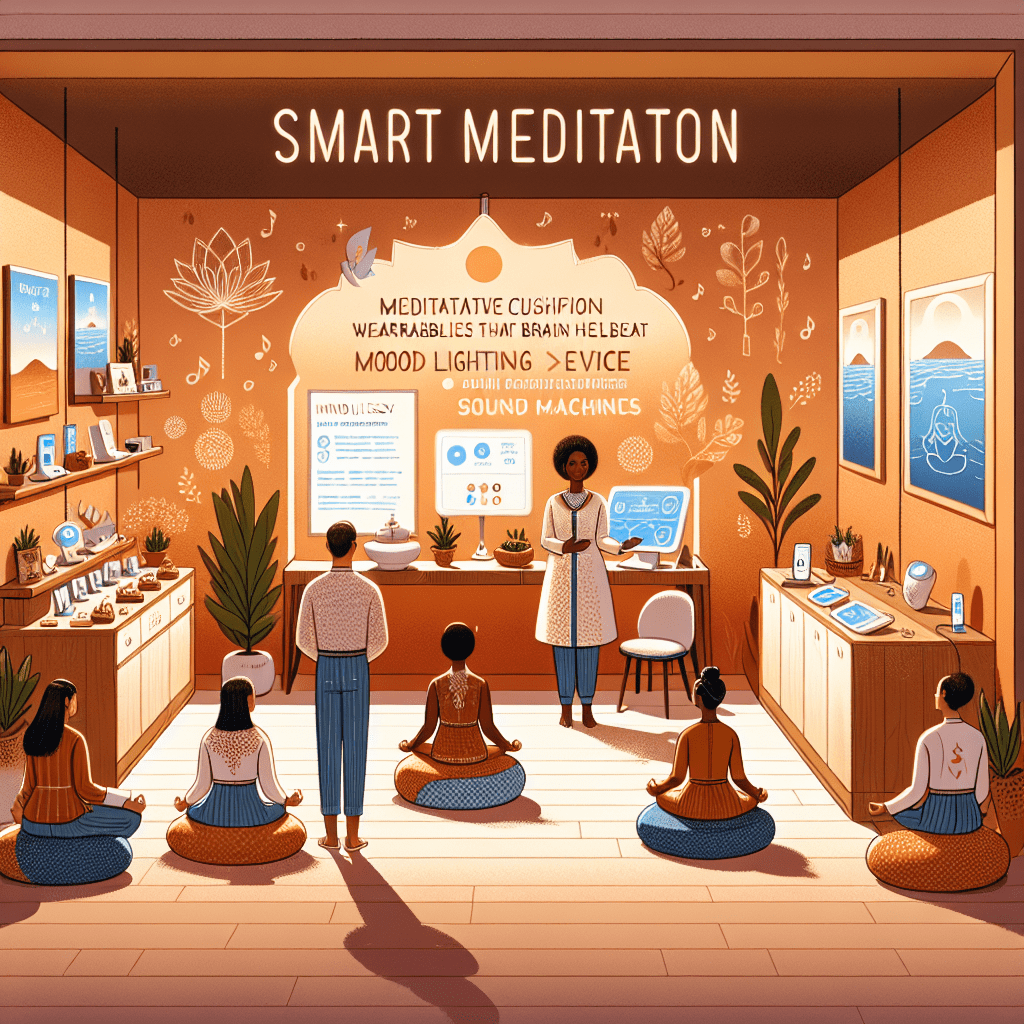
Prioritize your mental well-being daily. Enhance your life by nurturing your mental health with the Smart Meditation app. Break free from stress, alleviate anxiety, and enhance your sleep quality starting today.
Can You Take Molly While On Antidepressants?
Navigating the Crossroads: Molly and Antidepressants
In the vibrant tapestry of mental health management, the interplay between recreational substances and prescribed medications is a topic sparking endless curiosity and caution. Among these substances, Molly (MDMA) stands out, particularly when it enters the ring with antidepressants. Delving into this intersection, we’re not just talking about chemical reactions; we’re navigating through the profoundly personal journey of mental health.
The Complex Dance of Chemicals
At first glance, combining Molly with antidepressants might seem like doubling down on mood enhancement. However, the reality is not just complex; it’s risky.
Serotonin Syndrome: A Real Danger One of the most pressing concerns with combining MDMA and antidepressants, particularly SSRIs (Selective Serotonin Reuptake Inhibitors) and MAOIs (Monoamine Oxidase Inhibitors), is the heightened risk of serotonin syndrome. This condition arises when there’s an excess of serotonin in the brain, leading to symptoms ranging from shivers and diarrhea to severe manifestations like high fever, seizures, and potentially life-threatening disruptions in heart rhythm. Essentially, it’s not a gamble worth taking.
The Diminishing Returns of Molly Antidepressants, especially SSRIs, work by adjusting the levels of serotonin in the brain, a neurotransmitter pivotal in regulating mood, social behavior, and general well-being. MDMA works on the same neurotransmitter, plus a few more, enhancing feelings of love, empathy, and connection. The hitch? If you’re on SSRIs, the pathway for Molly to work its magic is somewhat blocked, potentially dulling its effects and leading to increased consumption in pursuit of the desired euphoria. This chase not only puts users at risk of serotonin syndrome but can also pave the path to overdose.
Long-term Mental Health Consequences It’s paramount to remember that mental health management is a marathon, not a sprint. Regular use of MDMA can exacerbate underlying mental health conditions, particularly if the reason for prescription antidepressants includes anxiety or depressive disorders. The temporary high fades, but the repercussions can linger, complicating the treatment landscape.
Safer Paths to Explore
Honest Dialogues If the urge to mix Molly with antidepressants stems from a perceived lack of progress in treatment or the desire for escapism, it’s critical to have a heart-to-heart with a healthcare provider. Adjustments to treatment plans or exploring alternative therapies might offer safer routes to feeling better.
Holistic Approaches Incorporating lifestyle changes such as regular exercise, a balanced diet, adequate sleep, and mindfulness practices can significantly impact mental well-being. These changes, coupled with therapy, can provide a solid foundation for long-term health without the risks associated with mixing substances.
In the quest for improved mental health and well-being, the journey might tempt one with shortcuts or detours. However, when it comes to mixing Molly with antidepressants, the risks far outweigh the potential for fleeting euphoria. The commitment to safe practices and open conversations with healthcare professionals can chart a safer, more sustainable course toward healing and happiness, proving that sometimes, the best high in life is health itself.




